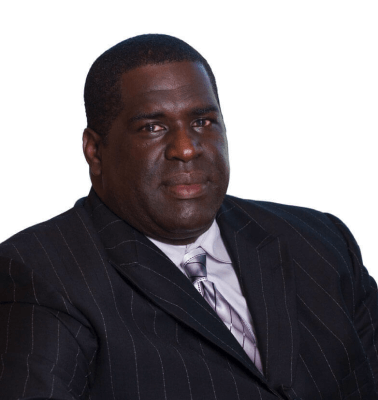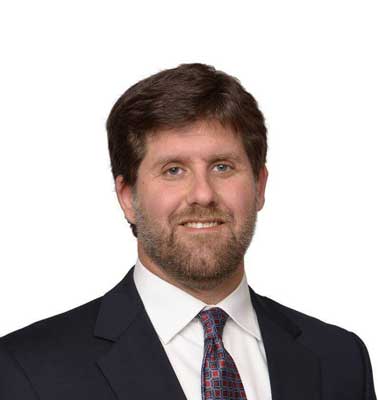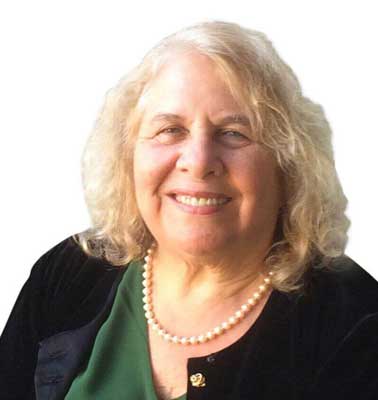 When someone under 18 faces legal trouble, they enter a part of the legal system designed just for young people: the juvenile justice system. Unlike what you see in TV shows about courtrooms, these young defendants don’t get to have a jury of people listen to their case and decide if they’re guilty. Instead, a judge makes all the decisions. This setup makes many people wonder if it’s fair and if there should be changes.
When someone under 18 faces legal trouble, they enter a part of the legal system designed just for young people: the juvenile justice system. Unlike what you see in TV shows about courtrooms, these young defendants don’t get to have a jury of people listen to their case and decide if they’re guilty. Instead, a judge makes all the decisions. This setup makes many people wonder if it’s fair and if there should be changes.
At Summit Defense, we have experience with juvenile court proceedings and juvenile delinquency proceedings. A juvenile court judge differs from an adult court judge, and we can use our experience to our advantage.
While some serious crimes could be moved to a criminal court in the adult system, our top priority is to advocate for your child. Learn more about juvenile criminal offenses below. Then, contact us for a case consultation.
The juvenile justice system is not the same as the adult criminal system and doesn’t have a regular criminal court. It’s meant to focus more on helping young people improve and get back on the right track than just punishing them for certain criminal offenses. This system has courts, laws, and rules for dealing with young people who break the law. The goal is to prevent them from getting into more trouble.
The process is more private in juvenile court, and the terms are different. For example, they don’t say a juvenile “committed a crime”; they say the juvenile “committed a delinquent act.” This is part of trying not to label young people in a negative way that could follow them for life. The idea is to help them, not just lock them away. Whether your child has been charged with assault, DUI, or theft, we can provide a strong defense.
The priority of the juvenile justice system is to guide young people back onto a path that leads to a successful and law-abiding life. This system believes in second chances and understands that young people make mistakes. The principles behind juvenile justice include fairness, understanding, and a focus on the future rather than the past.
These principles shape everything in the juvenile system. The system ensures that young people who have made mistakes are given the tools they need to avoid repeating the same mistakes. This could include drug crimes, marijuana offenses, or even sex crimes. It also includes education programs, counseling, and community service opportunities.
 Unlike adults, juveniles do not have a constitutional right to a jury trial in juvenile court. The Supreme Court has ruled that the juvenile court’s informal setting and rehabilitative goals do not require a jury’s involvement. This means a judge listens to the case and decides the outcome. Some argue this is better for the juvenile, while others believe it’s unfair.
Unlike adults, juveniles do not have a constitutional right to a jury trial in juvenile court. The Supreme Court has ruled that the juvenile court’s informal setting and rehabilitative goals do not require a jury’s involvement. This means a judge listens to the case and decides the outcome. Some argue this is better for the juvenile, while others believe it’s unfair.
The idea is that a judge experienced in juvenile delinquency can make a more informed and beneficial decision for the young person’s future. However, this has sparked a debate about whether juveniles are being denied a fundamental right that adults have in similar situations. Reach out to us to make sure your child’s rights are protected.
How Juvenile Cases Are Adjudicated
In juvenile court, the judge plays a central role in determining the outcome of a case. The process begins when a complaint accuses a juvenile of committing a delinquent act, such as grand theft. From there, the court decides whether to proceed with formal charges.
If the case proceeds, the judge listens to evidence from both sides before making a decision. This process is designed to be quicker and less formal than adult court, to get the young person the help they need quickly.
 Judges in juvenile court play a major role. They not only decide if a young person is responsible for a delinquent act but also what the best outcome should be for that individual. This could mean counseling, community service, or even placement in a juvenile detention center.
Judges in juvenile court play a major role. They not only decide if a young person is responsible for a delinquent act but also what the best outcome should be for that individual. This could mean counseling, community service, or even placement in a juvenile detention center.
Judges consider many factors, including the juvenile’s age, the nature of the offense, and the young person’s background and needs. Their ultimate goal is to make a decision that will help the juvenile avoid future legal trouble and succeed in life.
The Adjudication Process: What to Expect
- Initial hearing. The court reviews the allegations and decides if there’s enough evidence to proceed.
- Detention hearing. If the juvenile is in custody, this hearing determines if they should stay detained until trial.
- Adjudicatory hearing. This is where the judge hears evidence and decides if the juvenile committed the act.
- Disposition hearing. If the juvenile is found responsible, this hearing will determine their punishment.
- Probation. Many juveniles are placed on probation, requiring them to follow certain rules.
- Review hearings. The court periodically reviews the juvenile’s progress on probation.
- Completion. If the juvenile complies with all terms, the case may be closed and the record sealed.
Arguments For and Against Jury Trials in Juvenile Court
Some believe that not having jury trials in juvenile court takes away a fundamental right and might lead to unfair outcomes. They argue that juries could provide a more balanced and fair judgment. However, others think the informal and rehabilitative nature of juvenile court is better suited to a judge’s decision-making, focusing on what’s best for the young person’s future.
Advocating for Juvenile Jury Trials: Perspectives and Rationales
Supporters of juvenile jury trials believe these trials could make the system more fair and transparent. They argue that having a jury would help protect the rights of young people and ensure that decisions are not just left to one person. This could lead to more community involvement in the juvenile justice system and possibly better outcomes for young people.
Critics worry that jury trials could make the system more adversarial and less focused on rehabilitation. They fear this could harm the very people the system is designed to help, leading to harsher punishments and more young people being funneled into the adult criminal justice system.
Concerns and Challenges of Implementing Jury Trials for Juveniles
Implementing jury trials in juvenile court would be a big change and come with many challenges. One concern is the potential loss of the system’s rehabilitative focus. Another is the increased time and expense of jury trials, which could strain already limited resources and delay the help young people need.
Furthermore, exposing young defendants to the adversarial nature of jury trials could have negative psychological effects. It could also lead to longer public records of their actions, impacting their future opportunities.
Alternatives and Reforms in Juvenile Adjudication
Given the debate over jury trials, there are calls for reform in the juvenile justice system. These include expanding the role of mediators and putting restorative justice practices—which put an emphasis on undoing the harm—in place. Such approaches can provide more personalized and effective solutions, keeping the system’s focus on rehabilitation.
Reforms might also involve giving juveniles more voice in their proceedings and ensuring their rights are fully protected. These changes aim to keep the juvenile justice system fair, effective, and focused on young people’s future success.

Choosing the right defense is crucial if your child is facing charges in juvenile court. Summit Defense has experienced attorneys who understand the unique aspects of juvenile justice. We’re committed to providing a defense that not only addresses the immediate charges but also focuses on your child’s future well-being. Contact us to schedule a case consultation today.
 When someone under 18 faces legal trouble, they enter a part of the legal system designed just for young people: the juvenile justice system. Unlike what you see in TV shows about courtrooms, these young defendants don’t get to have a jury of people listen to their case and decide if they’re guilty. Instead, a judge makes all the decisions. This setup makes many people wonder if it’s fair and if there should be changes.
When someone under 18 faces legal trouble, they enter a part of the legal system designed just for young people: the juvenile justice system. Unlike what you see in TV shows about courtrooms, these young defendants don’t get to have a jury of people listen to their case and decide if they’re guilty. Instead, a judge makes all the decisions. This setup makes many people wonder if it’s fair and if there should be changes.




 Unlike adults, juveniles
Unlike adults, juveniles  Judges in
Judges in 

























